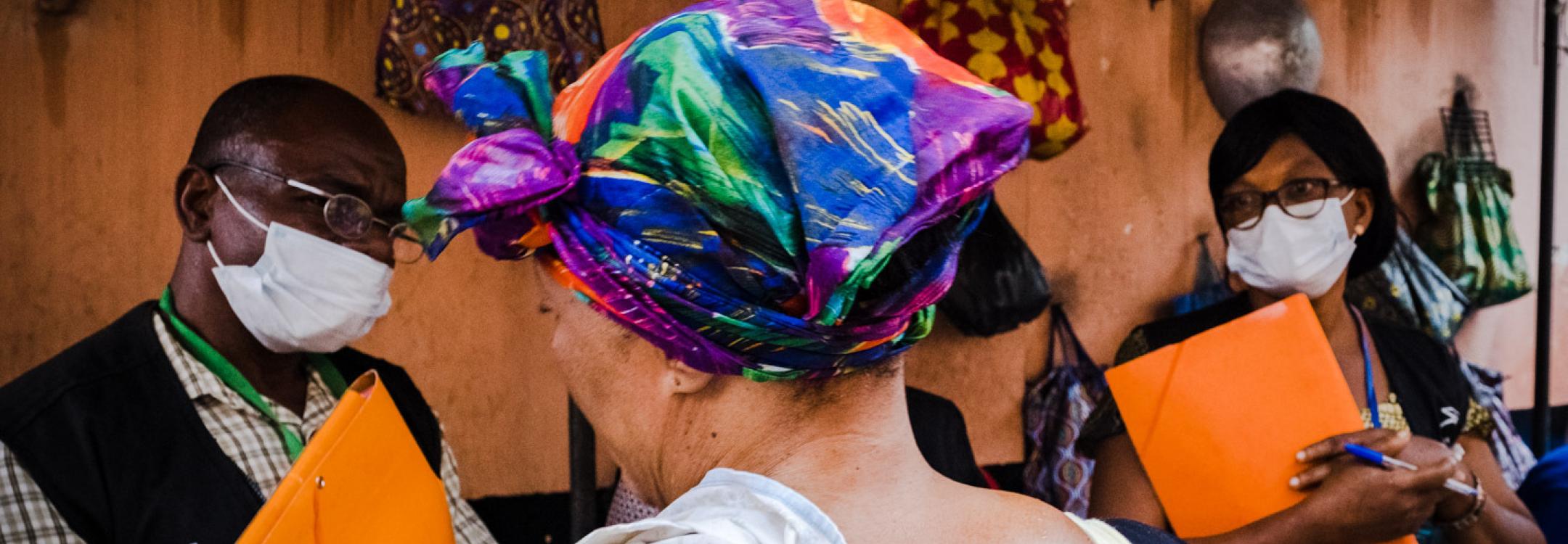What are NPM recommendations?
Recommendations are proposals about the best course of action that an institution (or multiple institutions) should take in order to achieve a positive change in laws, practices or policies. NPMs are given this mandate under Article 19 of the OPCAT. Making recommendations are one of the core elements of their work.
Recommendations made by NPMs are often different from those made by other oversight bodies. Their aim is to deal with the risk factors and root causes that lead to torture, ill-treatment and other human rights violations, in order to prevent them from occurring (or reoccurring in the future). This includes focusing on systemic issues rather than only individual cases. They are based on evidence and analysis and usually follow a visit (or a series of visits) to a place of deprivation of liberty. They are one element of a constructive and dialogue-based process that seeks to resolve problems so that they do not occur again in the future. As such, recommendations are one of the key tools available to NPMs in seeking to effect change.
A strength of NPM recommendations is that the OPCAT places an obligation on the authorities (in Article 22) to “examine the recommendations of the NPM and enter into a dialogue with it on possible implementation measures.” Some NPM laws also place an obligation on the state to reply to NPM recommendations within a certain timeframe.
